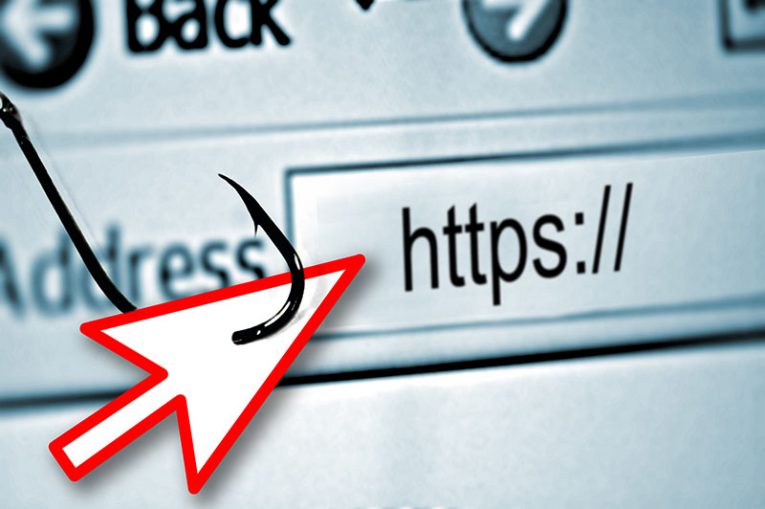"Your iCloud Is Being Hacked" Scam

"Your iCloud Is Being Hacked" is a bothersome application that generates intrusive ads and embeds itself into Mac browsers, with the intention of rerouting user traffic to various websites. Experts classify "Your iCloud Is Being Hacked" as a browser hijacker because it seizes control of certain browser settings and alters them.
The presence of a browser hijacker in any web browser can be a source of frustration for users. It complicates and elongates the process of internet surfing and finding the desired information. Constant attempts by an embedded app to display unfamiliar sites on the screen become an annoyance.
Any web browser, including popular ones like Safari, Firefox, or Chrome, can fall prey to a hijacker. While the hijacker app doesn't inflict harm on the system or the browser itself, it does modify aspects such as the homepage address, toolbar buttons, or search engine service. Initially, these new additions might appear helpful, but they ultimately serve the hijacker's agenda, which is to more effectively promote its sponsors' websites.
The "Your iCloud Is Being Hacked" notification is a recent addition to the browser hijacker category – a class of applications designed to redirect your browser to ad-laden pages. This notification infiltrates Mac browsers through file bundles, typically concealed within them.
"Your iCloud Is Being Hacked" is a piece of software that infects the browser and introduces alterations to certain elements, such as the homepage or toolbar. These changes are made to leverage the newly installed tools and redirect users to the websites of its sponsors.
The redirection activity, combined with the unwelcome modifications, is enough to prompt users to want to remove this hijacker. However, a more significant concern is the uncertainty surrounding whether this application might redirect users to a site infected with Trojans or ransomware.
Do Browser Hijackers for Mac Computers Exist?
Yes, browser hijackers for Mac computers do exist. While macOS has traditionally been considered more secure than some other operating systems, it is not immune to browser hijacking and other forms of malware.
Browser hijackers on Mac typically operate by modifying browser settings, such as the homepage, default search engine, and new tab page. They may also install browser extensions or add-ons without the user's consent. These changes can lead to unwanted redirects, the display of intrusive ads, and the tracking of the user's online activities.
Common behaviors of Mac browser hijackers include:
Changing Homepage and Search Engine: The hijacker may set a new homepage and default search engine that directs users to a specific site, often one that generates advertising revenue for the hijacker.
Injecting Ads: Browser hijackers can inject unwanted advertisements into web pages, including pop-ups, banners, and in-text ads, disrupting the user's browsing experience.
Tracking and Data Collection: Some hijackers collect user data, including browsing habits and search queries, which can be used for targeted advertising or sold to third parties.
Redirects: Users may be constantly redirected to unfamiliar or potentially malicious websites when using their browsers.
Sluggish Performance: Browser hijackers can consume system resources, leading to slower browser performance and overall computer slowdowns.
Unauthorized Add-Ons: They may install browser extensions or add-ons without user consent, which can be difficult to remove.
To protect your Mac from browser hijackers, follow these best practices:
- Keep Software Updated: Ensure that your macOS, web browsers, and all installed extensions or add-ons are up to date with the latest security patches.
- Use Trusted Sources: Only download software and browser extensions from reputable sources, such as the official Mac App Store or browser extension stores.
- Review Permissions: Be cautious when granting permissions to browser extensions or applications. Only allow those that are necessary for their intended function.
- Regularly Scan for Malware: Use reputable antivirus or anti-malware software to scan your Mac for potential threats, including browser hijackers.
- Browser Settings: Periodically review your browser settings to check for any unauthorized changes. Resetting your browser to its default settings can often remove browser hijackers.
- Backup Your Data: Regularly back up your important data to protect against potential data loss in case of a malware infection.
If you suspect your Mac has been infected by a browser hijacker, take action promptly to remove it. This may involve uninstalling suspicious applications or extensions, resetting your browser settings, and running a thorough malware scan.








